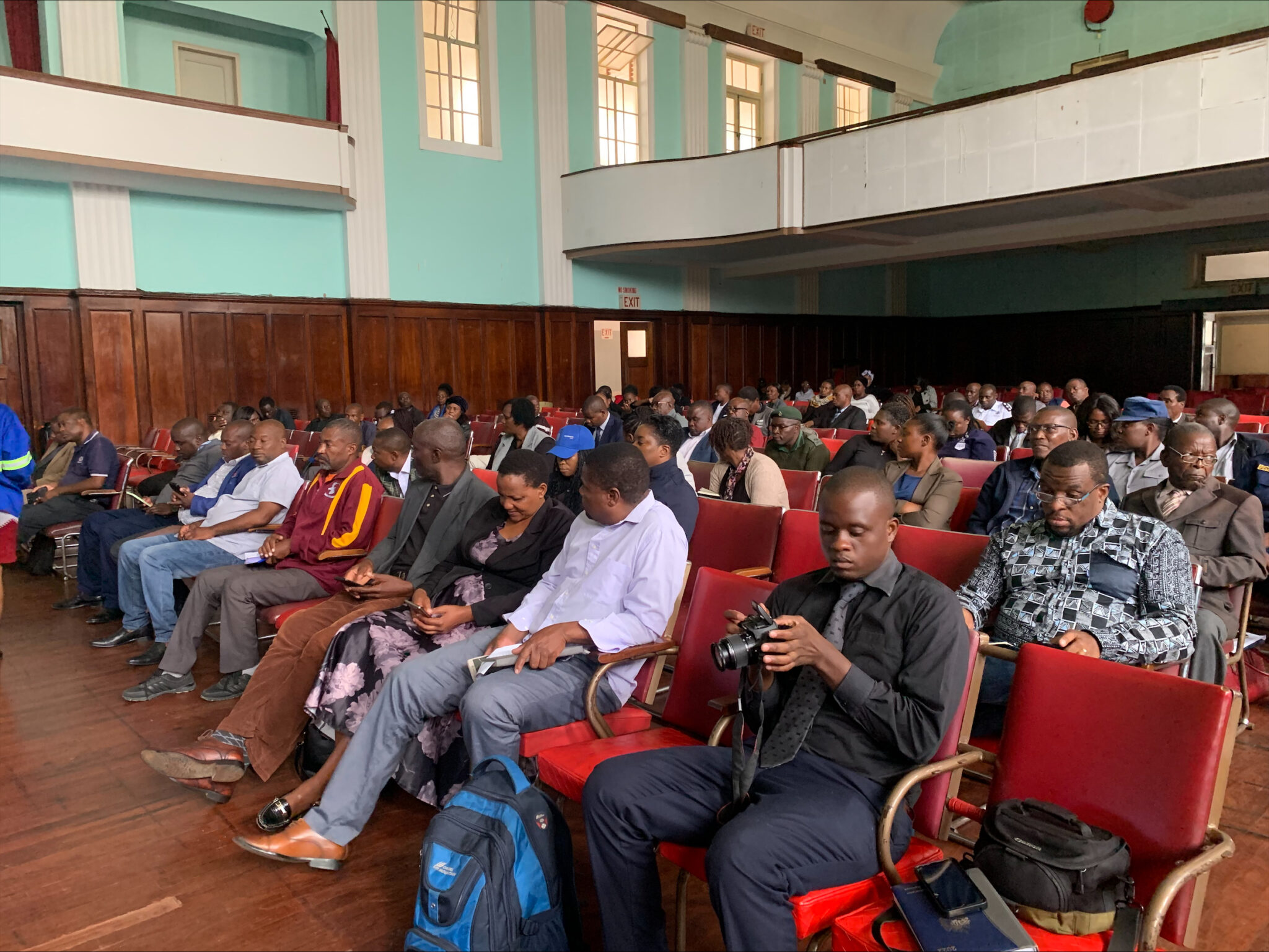Bulawayo City Council (BCC) has been encouraged to work with various stakeholders to address local environmental issues and develop solutions to deal with land and environmental pollution.
This came out during a stakeholders meeting held by the local authority on Tuesday, at the Large City Hall, to discuss the Local Environmental Action Plan (LEAP) for 2023-2027.
The meeting, which aimed to harvest inputs from various stakeholders for the compilation of the LEAP document, was attended by representatives from various environmental organisations, councillors, higher and tertiary institutions, and residents among other relevant stakeholders.
Contributing to the meeting, a representative from the National University of Science and Technology said the local authority needs to work with various institutions to develop progressive solutions to some of the environmental challenges facing the city.
“There are various environmental challenges that affect the city. Some are induced by climate change while others are man-made. The city council can work with our institution to find solutions to some of these challenges,” he said.
“There are issues such as the siltation of dams. We find that due to the increased amount of sand in the dams, the holding capacity is affected. If we work together we could come up with ways to address this challenge. There is also the issue of using sand to cover potholes.
“We need to realise that when we do this, we are taking protected soil, putting it on the road, and when it is raining, the sand is constantly washed away. We repeat this process several times a month. This is the same sand that blocks out drainage systems. The council should at least look into alternative ways of fixing roads. At least fix them in batches, put gravel and tar to avoid constant washing away of the soil.”
Matabeleland Institute for Human Rights coordinator, Khumbulani Maphosa, noted that the city also needs to include ways of dealing with noise pollution, especially in the Central Business District (CBD).
“Another factor that we may have overlooked is the issue of noise pollution in the city centre. Numerous shops have speakers outside their shops and they would be playing music at full blast. This disturbs people who would be going about their business in town. We need to have policies that will address such conduct,” he said.
Minister of State for Bulawayo Metropolitan Province, Judith Ncube, raised concerns that there is a need to find alternative sources of energy for cooking due to power cuts and also that the council and various stakeholders must come up with solutions to address illegal miners who leave uncovered pits in surrounding areas.
“We know that we get power cuts in our city. The situation in some homes is quite sad. Some people cannot afford to buy gas or firewood. They end up using plastics to cook. This is a serious health hazard that can affect them as time passes by. We could make plans with such companies as Hwange Colliery and we get coke from them and sell it to the people at affordable prices,” Minister Ncube said.
“There is also the issue of artisanal miners who leave uncovered pits in areas where they mine. Some of these places are adjacent to our water catchment areas. When we get rains, there is little inflow into the dams because these pits trap most of the water. This LEAP document must highlight all these challenges so that they can be adequately addressed.”

